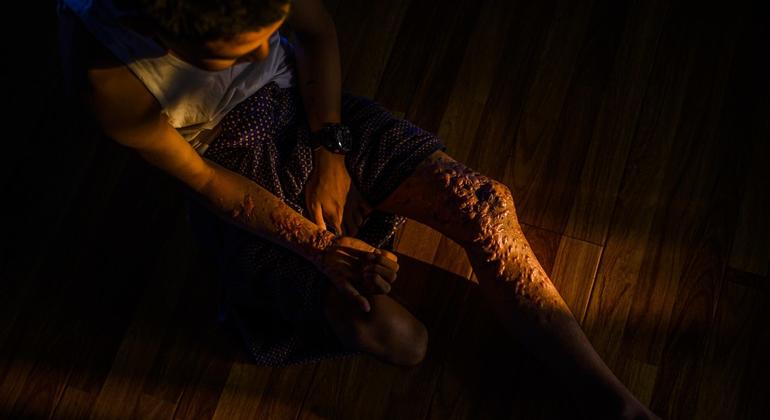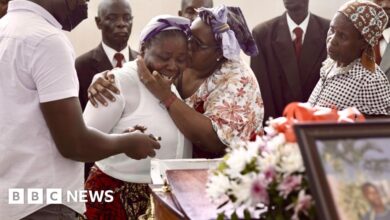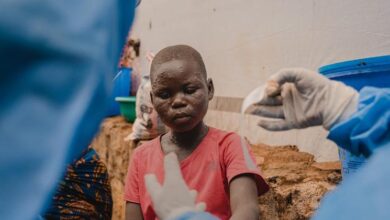Children and disabled people suffer from the deadly landmine epidemic in Myanmar

But the grim statistics are just the tip of a larger crisis, independent human rights experts warned Friday, as the military junta steps up its attacks on civilians, including people with disabilities. disability.
“The regime is doubling down on the widespread use of landmines to crush resistance across the country,” said Tom Andrews, Special Rapporteur on Myanmar and Heba Hagrass Special Rapporteur on the rights of persons with disabilities.
They highlighted serious violations, including forcing civilians to walk through minefields in front of military units and systematically denying victims access to relief services such as medical care. prosthetics and prosthetics.
They insist that these actions are “completely contrary” to international law, including Article 11 of Convention on the Rights of Persons with Disabilities and the UN Security Council 2475 resolution on protecting people with disabilities during war
Children are affected the most
The impact of landmines and unexploded ordnance is especially severe for Myanmar’s children. UNICEF data published earlier this year revealed that more than 20% of the 1,052 verified civilian casualties from such incidents in 2023 were children.
This is a significant increase compared to 2022, when there were 390 incidents recorded.
Children are especially vulnerable to landmines and unexploded ordnance (UXO), often unaware of their danger.
Additionally, the haphazard placement of these deadly weapons in and around homes, schools, playgrounds and farming areas puts children in constant danger.

A child lost his left leg after accidentally stepping on a landmine in his family’s rice fields in central Myanmar.
Victims face criminalization
The consequences for landmine victims go beyond physical harm.
Amputees, already struggling with life-altering injuries, are being criminalized by authorities, linking amputations with protest activity.
“Now amputees are being forced into hiding to avoid harassment and arrest. Loss of a limb is considered evidence of crime”, experts said.
The reality is much worse
Amid that dire picture, the reality is even worse for landmine victims and their families.
“I was heartbroken when I talked to a young woman who lost a leg after stepping on a landmine near her house,” Mr. Andrews said.
“But I was furious when her doctor told me she had no hope of getting a prosthesis because the military government was blocking access to the materials needed to make one. .,” he added.
Call to action
Mr. Andrews and Ms. Hagrass called on United Nations member states to take coordinated measures to weaken the military government’s ability to harm civilians.
They also called on all parties to the conflict in Myanmar to immediately stop placing landmines and begin removing them immediately.
Special Rapporteurs are independent human rights experts appointed by the United Nations Human Rights Council as part of it Special procedures. They are tasked with monitoring and reporting on specific thematic issues or national situations and work on a voluntary basis.
They serve in their personal capacity, are not employees of the United Nations, and do not receive a salary.




